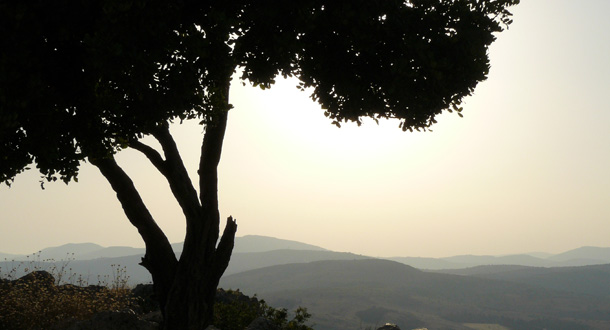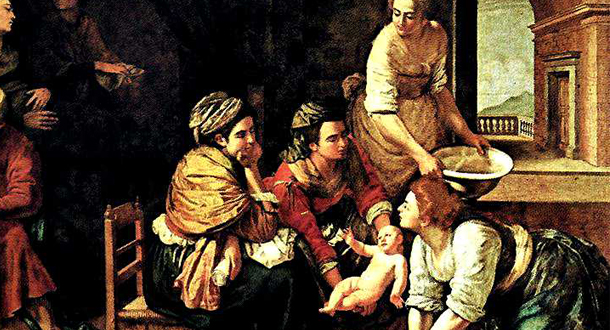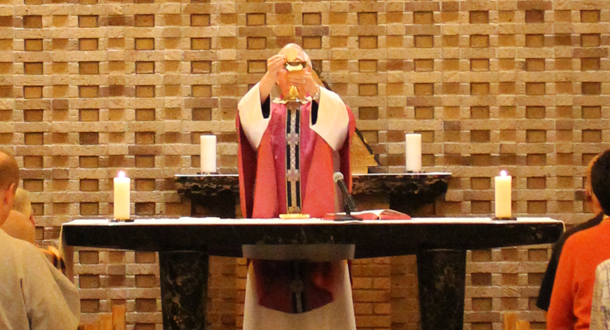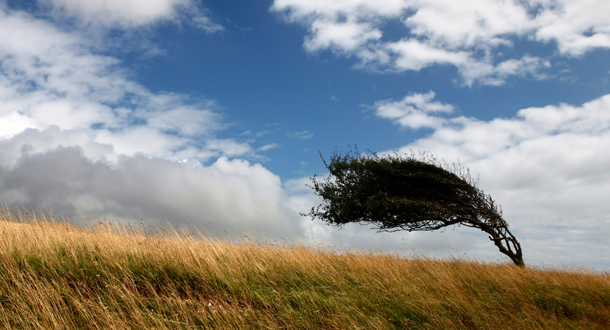The Most Sacred Heart of Jesus
Heart of Jesus
Scripture:
Ezekiel 34:11-16
Romans 5:5b-11
Luke 15:3-7
Reflection:
Today we celebrate the Solemnity of the Most Sacred Heart of Jesus. The devotion to the Sacred Heart is one of the most widely practiced and well-known Roman Catholic devotions, taking Jesus Christ’s physical heart as the representation of his divine love for humanity. The Passionists are religious institute founded by Saint Paul of the Cross with a special emphasis on and devotion to the Passion of Jesus Christ. Professed members use the initials C.P. (Congregatio Passsionis Jesu Christi) after their names. Saint Agnes Parish is a Passionist parish dedicated to keeping the Passion of Jesus Christ ever before us. A known symbol of the congregation is the labeled emblem of the Sacred Heart of Jesus, surmounted by a cross and sewn into the habit worn by its professed members. Here at Saint Agnes this symbol and the charism of the Passionists are ever before us as noted in our mission statement:
“Embracing Jesus’ love and suffering for all, through worship,
Service, formation and education.”
When we see the symbol of a heart, many images come to mind, including; love, compassion, kindness, tenderness, goodness, courage and care. Our scriptures today speak of the great love that Jesus has for us in the way he cares for us, forgives us and continues to call us into relationship with him. We are all familiar with the image of Jesus as Good Shepherd, a feast we celebrated recently in the church year. Jesus’ love for his sheep (us) is unconditional. He takes great pains to take care of all of us especially when we stray!
So, how are we called to model the love of God? How are we called to be good shepherds and shepherdess’? The answer can be found in these words of Jesus found in our first reading from Ezekiel:
I myself will pasture my sheep;
I myself will give them rest, says the Lord GOD.
The lost I will seek out,
The strayed I will bring back,
The injured I will bind up,
The sick I will heal.
May the Sacred Heart of Jesus inspire and challenge us to take even the smallest steps to show his loving heart to those most in need in our parishes, families, communities and world. Amen.
Theresa Secord is a Pastoral Associate at St. Agnes Parish, Louisville, Kentucky.







